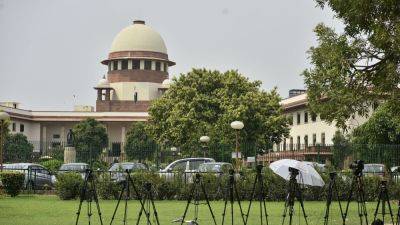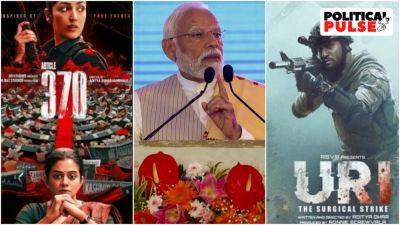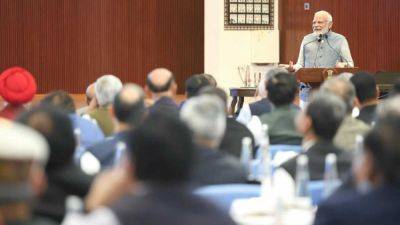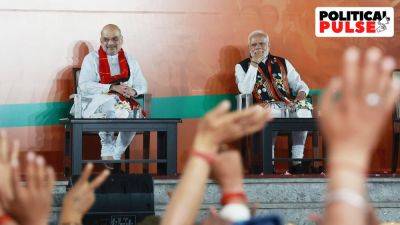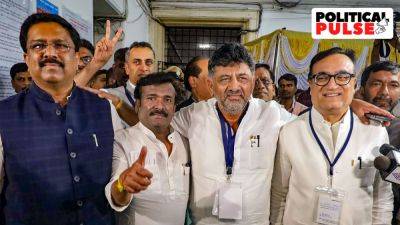Decode Politics: As cross-voting cloud looms on Rajya Sabha polls, how open ballot came up as solution
The Rajya Sabha elections for 56 seats from 15 states, which are falling vacant in April, will be held on February 27. These states include Uttar Pradesh (10 vacancies) as well as Maharashtra and Bihar (6 vacancies each). For these 56 seats, 59 candidates are in the race — with one extra candidate than the parties can win as per their numbers in Karnataka, Uttar Pradesh and Himachal each.
While the BJP has fielded the extra candidate in Uttar Pradesh and Himachal, its ally JD(S) has done so in Karnataka, raising apprehensions of cross-voting.
Unlike the Lok Sabha and Assembly elections, where ballots are secret (no one can be shown whom the vote is cast for), the Rajya Sabha polls are “open”. This means that the votes that the MLAs of each state cast to choose the members of the Upper House are seen by their party representatives.
But this was not always the case. An election in Maharashtra in 1998 led to the change in the voting process.
Rajya Sabha, or the Council of States, has 245 seats. Of these, 12 are nominated by the President and 233 are representatives of states and the Union territories of Delhi and Puducherry.
Rajya Sabha MPs are elected by MLAs through an indirect election. Article 80(4) provides that members shall be elected by the elected members of state Assemblies through a system of proportional representation (made on the basis of the population of each state) by means of a single transferable vote.
Rajya Sabha elections could, therefore, be foregone conclusions, with elections being held unopposed and all party candidates sailing through. This is because each party knows how much strength they have in terms of the votes of their MLAs and can field the requisite number of candidates as per those numbers. In


